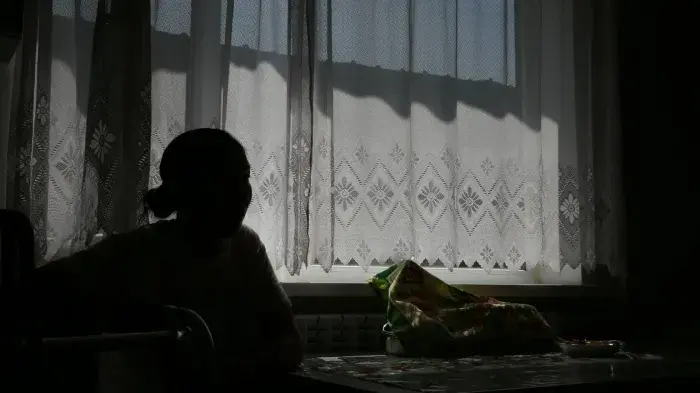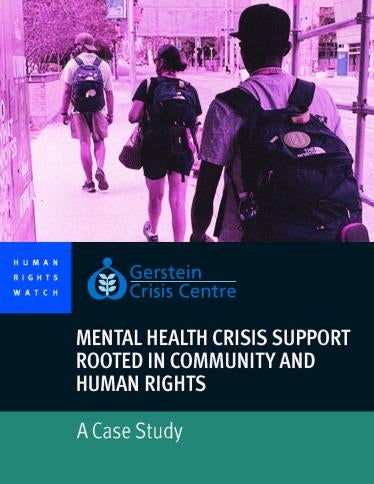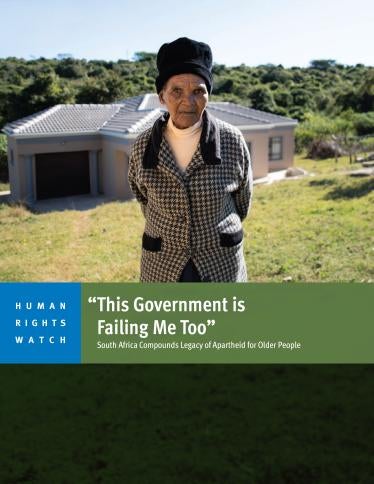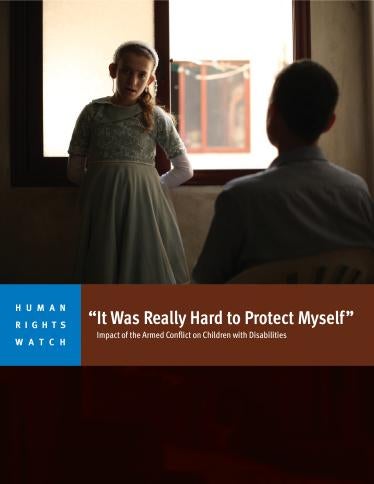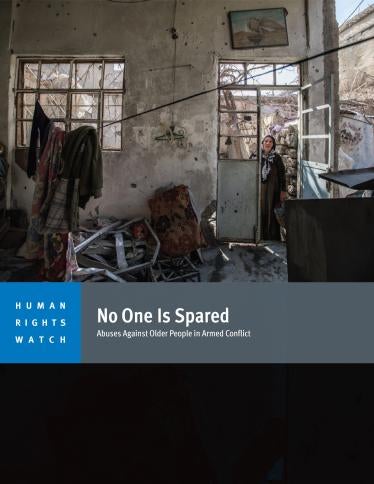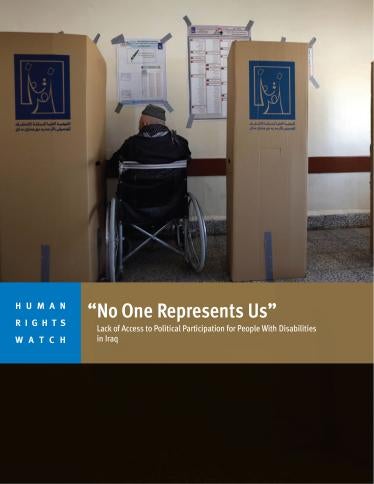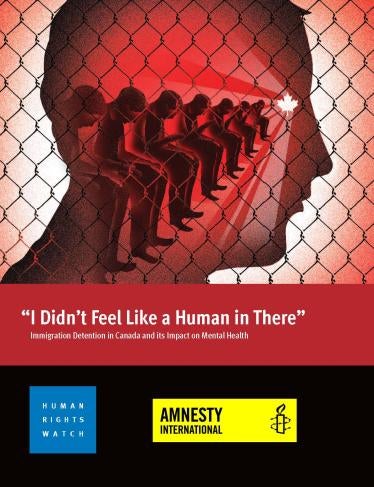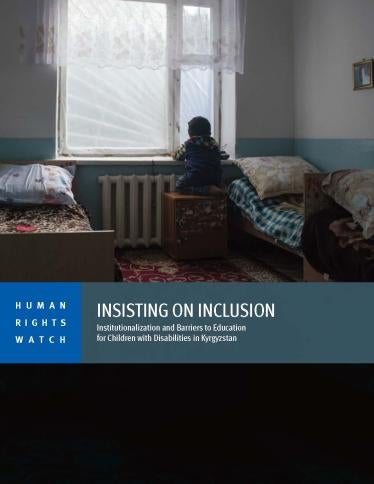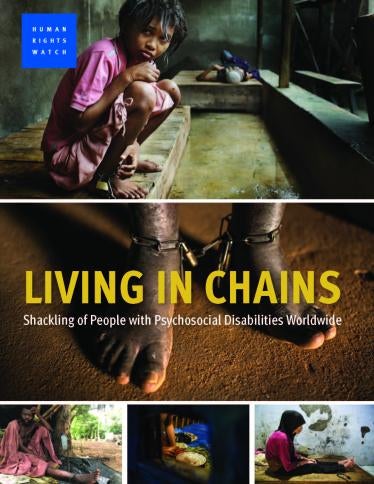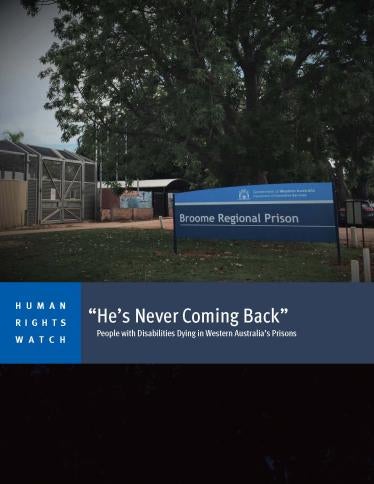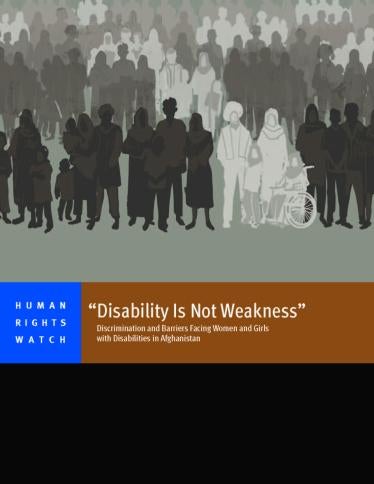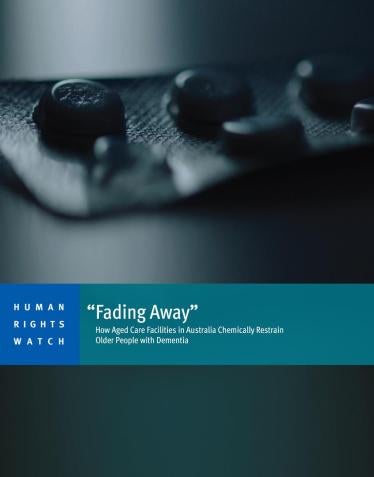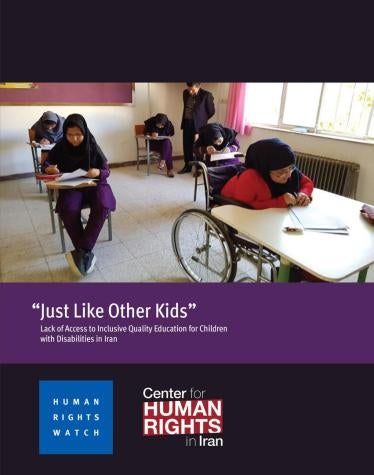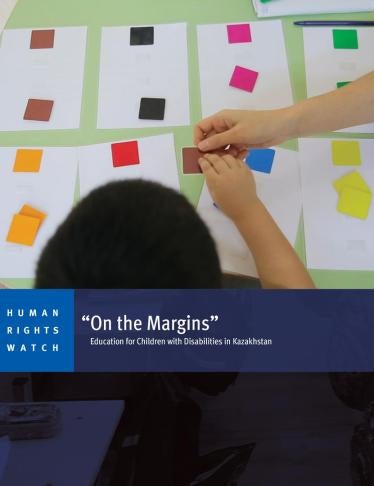Abused by Relatives, Ignored by the State
Domestic Violence Against and Neglect of Women and Girls with Disabilities in Kyrgyzstan
The 63-page report, “‘Abused by Relatives, Ignored by the State’: Domestic Violence against and Neglect of Women and Girls with Disabilities in Kyrgyzstan,” documents how violence by family members or partners often goes unreported and unaddressed due to widespread discrimination against people with disabilities in Kyrgyzstan, especially women and girls. Families often perceive their existence as shameful and hide them from society. Law enforcement and judicial bodies often ignore or downplay reported cases, and a shortage of shelters and other services for survivors of domestic violence who have disabilities makes it harder for them to escape abuse.

